For several years now, the European Commission has been working on a number of projects concerned with regulating Artificial Intelligence, digital services, and digital markets. It has now issued a proposal for tighter rules on liability with regard to the technology industry. Amid these developments, a coalition of start-ups, small and medium enterprises, and technology companies sent a letter, dated August 24, 2022, to the European Commission expressing their concerns about the forthcoming European legislation, which seeks to modify the liability rules concerning artificial intelligence. The coalition requested that the Commission produce regulation that is “balanced and proportionate” with respect to all stakeholders.
In October 2021 the European Commission launched a public consultation on the rules regarding compensation for damage caused by defective products, focusing in particular on the use of Artificial Intelligence in relation to products and services. The consultation was launched in the context of the revision of the Product Liability Directive (PLD), seeking to review whether the Directive and national liability rules provide legal certainty and consumer protection from damages caused by “smart” or AI-based products and services.
In response to the forthcoming legislation, the coalition sent the following “preliminary recommendations” to the Commission:
Firstly, they claim that “the definition of products should remain fit for purpose”. This means that it should rest “technology-neutral”. Consequently, they argue that the definition of “product” does not need to be modified to include “intangible products” such as digital content and software, as they are already covered by the current legislation. In addition, the coalition argues that software errors cannot “physically act upon” any person or physical property and that due to the software’s evolving nature, strict liability would disincentive its development and maintenance.
The second recommendation proposes that the Commission does not include immaterial damages in the scope of “damages”, arguing that this could create legal uncertainty concerning matters that are already regulated, such as data protection, under the GDPR. Moreover, the coalition highlighted the fact that due to the complex liability caused by non-material damages, the industry could suffer from a “chilling effect on innovation”, and consequently the price of software would increase and software development would be hampered.
In the third recommendation they claim that strict liability for online marketplaces is not appropriate, since this may undermine particular business models. The letter suggests that the current PLD already applies to online marketplaces that have a hybrid business model (in terms of manufacture and intermediation). They add that the “liability gap” identified in the public consultation in relation to third-country manufacturers could be avoided by using other means than strict liability, such as holding the person responsible for the products placed in the European market accountable.
The adoption of the modifications to the Product Liability Directive is planned for the third quarter of 2022. It remains to be seen what position the Commission will take on these issues.
SCJ



